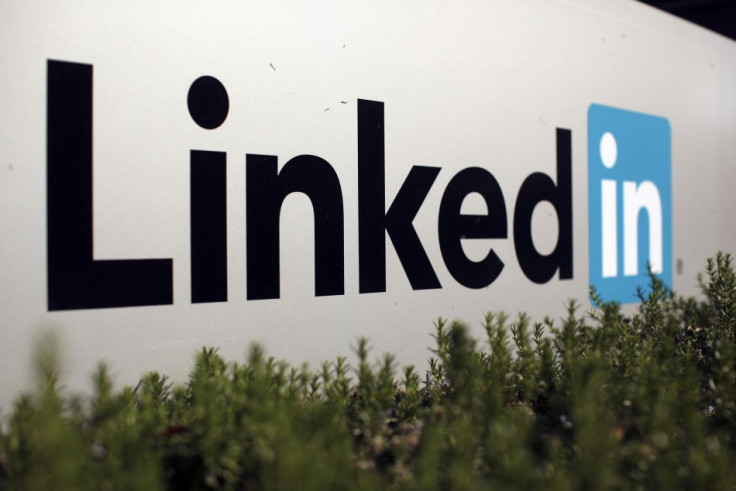LinkedIn Criticised for Lowering Minimum Age to 13
Professional social network LinkedIn is to lower the minimum age for its users from 18 to 13 in a bid to appeal to children looking to take the first steps in their future career, but the move has attracted criticism from current users.

The new age restriction will come into force in the UK and US (where the minimum age will be 14) from 12 September, and is aimed to help children research their university choices and help work out a career path by reading the profiles of successful users.
LinkedIn joins Facebook and Twitter in allowing users as young as 13 to sign up, but where these networks are aimed at all ages, some LinkedIn users are uncomfortable with the thought of 13-year-olds joining the site.
One user told IBTimes UK the move will take away one of the differentiating factors of LinkedIn, and the main reason why it could sell itself as a professional rather than social network.
"It meant that LinkedIn was sure of its demographic and could spend time developing a product and services for that specific audience," LinkedIn user Rik Ferguson said, adding: "Lowering the entry age requirement dilutes that target audience and means that neither LinkedIn, or its advertising partners will be so focussed in their aims."
Distasteful failure
Commenting on the news in the Guardian this week, Rhiannon Lucy Cosslett writes: "You may argue that this move demonstrates a distasteful failure to allow children to be children by inflicting upon them the inherent melancholy of the knowledge that one's destiny is merely that of a wage slave in a riddled service-based economy, and you'd not be wrong."
The change in minimum age coincides with the launch of LinkedIn's University Pages, a system whereby potential students can learn about universities worldwide and connect with students or alumni to hear their perspective.
LinkedIn's legal director Eric Heath said in a blog post the system and age reduction will help children "leverage the insights and connections of the millions of successful professionals on LinkedIn, so they can make the most informed decisions and start their careers off right."
Pressure
Young users will be able to see the career paths taken by successful LinkedIn users, helping them understand how the right work experience and degree can help get them the job they want.
But this encouragement might work against them, argues Josh Constine on TechCrunch, as children are judged at younger ages.
"The problem isn't teens doing things that could fill out their LinkedIn profile. It's them choosing what to try after judging themselves through the hypothetical eyes of recruiters and college admissions officers lurking the web. That could pressure them into making decisions based on what others want, rather than what excites them."
However, the change was met with praise from Dr Bernie Hogan of the Oxford Internet Institute, who told the BBC it would help children "differentiate between the public profile they want for employment [and] the personal profile they share on Facebook with their friends and family."
Safety
To keep children safe when using LinkedIn, the network will hide their birth date and full surname of under-18s from everyone apart from themselves, their profile picture will only be visible to users they know they have connected with, and links to children's profiles will not appear in results from search engines like Google and Bing.
Despite this safeguarding to protect children online, users remain wary at the direction LinkedIn will take if the changes are a success among younger users.
Ferguson added: "I am left with the sinking feeling that in its drive to attract 13-year-old customers LinkedIn will begin to drown in the development of features and functionality that a 13-year-old might cherish but I have no desire for. I've already got Facebook for that.
"It's a risky move and one that may have the consequence of alienating their established user and advertiser base, and one where I cannot see the potential financial upside for LinkedIn."
© Copyright IBTimes 2025. All rights reserved.






















